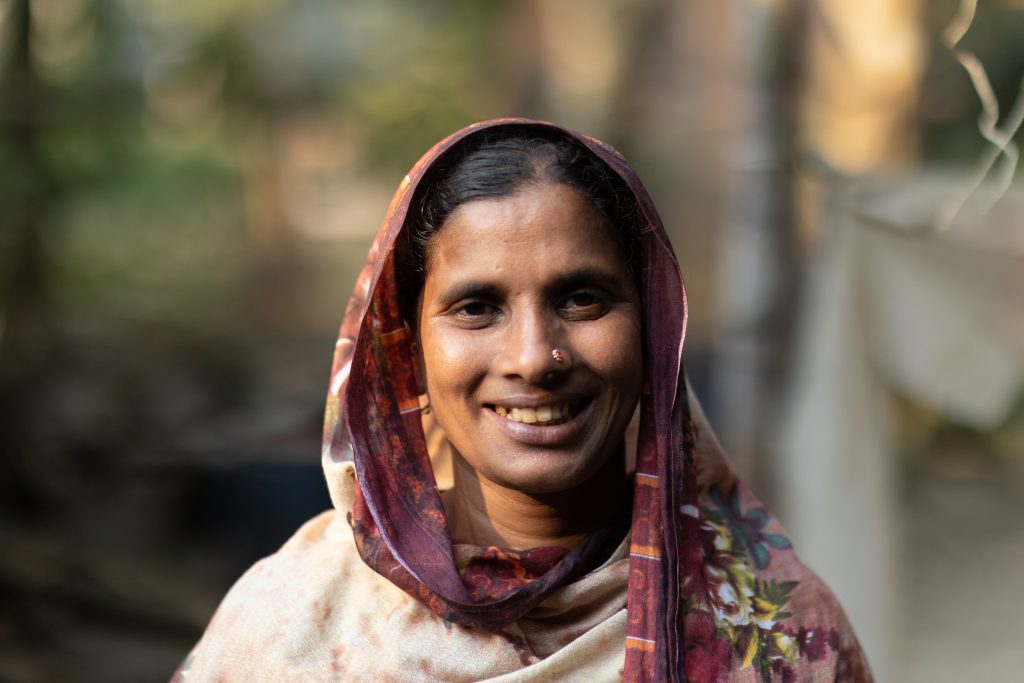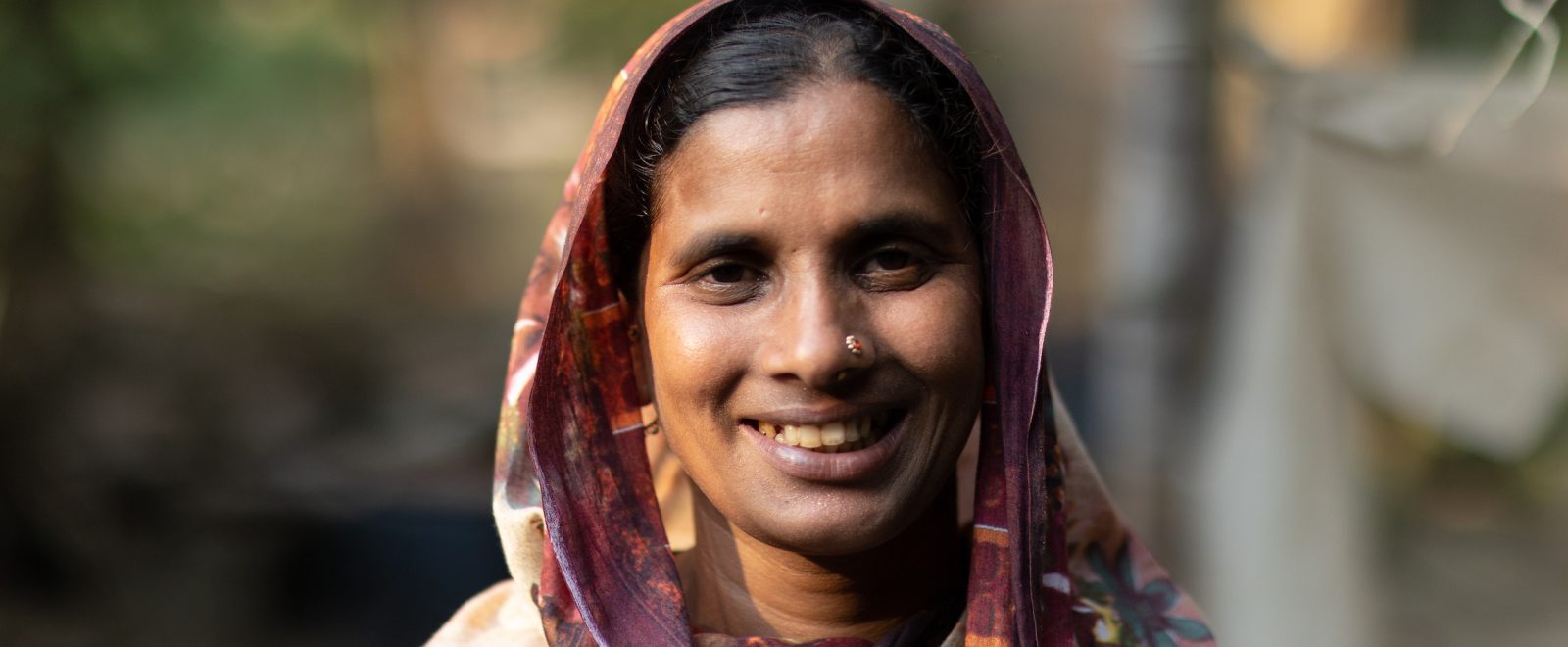In a world facing an unprecedented cost of living crisis, local communities in the Global South are again bearing the burden of severe price rises for essentials such as food, fuel, and fertilizer.
Even before the invasion of Ukraine, communities across the world were grappling with the far-reaching effects of the COVID-19 pandemic. In 2020, a year that tested the resilience of so many, food security surged to alarming levels surpassing the previous five years combined. Then in 2022, the invasion of Ukraine resulted in even sharper rises of food, fuel, and fertilizer prices as the war impacted supplies from both Russia and Ukraine, which are among the world’s top exporters of these products. Our research released in May 2022 in the report “Doubly Devastating” revealed that local communities were paying double, triple, or even close to four times what they had been paying for food, fuel, and fertilizer before the war began.
Now, ActionAid’s new and more detailed research has found that families are spending up to ten times what they paid almost 16 months ago for food, fuel, and fertilizer. While global prices have dropped by 11.7% since February 2022, our research finds that prices in local communities in the Global South have increased to crisis levels.
However, many people have minimized the impact of price rises by practicing agroecology. Agroecology, which is the science of sustainable agroecosystems, is both a set of farming practices and a social movement; it draws on social, biological, and agricultural sciences and integrates these with traditional, indigenous, and farmers’ knowledge and cultures. Agroecology focuses on the interactions between microorganisms, plants, animals, humans, and the environment and how farmers can utilize these interactions to improve soil health, increase crop yield, and remain productive in the midst of the climate crisis.
When fertilizer prices spiked, the participants from our most recent study reported that agroecological practices reduced expenses for crop production. People also reported that agroecology offers resilience against climate change, and they would happily recommend agroecology to others.
Rina, a mother and agricultural worker from Manjupara, Bangladesh, has received such trainings from ActionAid on agroecology. She shared that two years ago, saltwater intrusion was making it difficult to cultivate crops like rice, peanuts, and sweet potatoes. Saltwater damaged their growth, making it impossible for her to yield a substantial harvest, which posed significant challenges alongside the fluctuating market prices. But now with the knowledge she gained from the agroecology training on how to collect fresh water for irrigation, Rina is growing more crops compared to two years ago. She said:
“Compared to the last five years, our situation has improved a lot. Before, everything would be submerged in water. We were falling behind because of salt water. We tried to cultivate rice but couldn’t. I couldn’t even grow peanuts as they would rot. But now, by the agroecology trainings of ActionAid, I’ve learned many things. I’ve learned how to collect fresh water. We use the fresh water for our crops. We grew a lot of crops with fresh water. It’s helped us a lot.”
Despite the impacts of the price rises and the climate crisis, Rina shared that even after the loss from flooding and the issues with salt intrusion she and her community would still like to continue farming:
“We like to do agricultural work despite [climate disasters] because we earn a livelihood through this. When we get fresh water, [we can grow so much more]. In the next five years, even if we face flood, saltwater issues, and drought, we would continue farming because the amount of earnings we get is beyond any other occupation.”

ActionAid is advocating for a holistic approach and adequate funding that tackles all interconnected crises exacerbating the price crisis, which includes climate change, debt stress, the COVID-19 pandemic, and the profound repercussions of the Russian invasion of Ukraine.
International institutions, donors, and UN agencies should listen and learn from Rina’s success with shifting farming practices amidst the climate crisis and price spikes by prioritizing agroecology as a bulwark against multiple crises. National governments, with support from international donors, should initiate a transition to agroecology which would offer unique solutions for the challenges faced by Rina and so many other local communities across the Global South. Furthermore, ActionAid’s programs emphasize that agroecology empowers women and provides better income opportunities, advancing both gender equality and social justice.
Read more recommendations in our latest report.
Read about other women in Bangladesh navigating the impacts of the price rise crisis:


